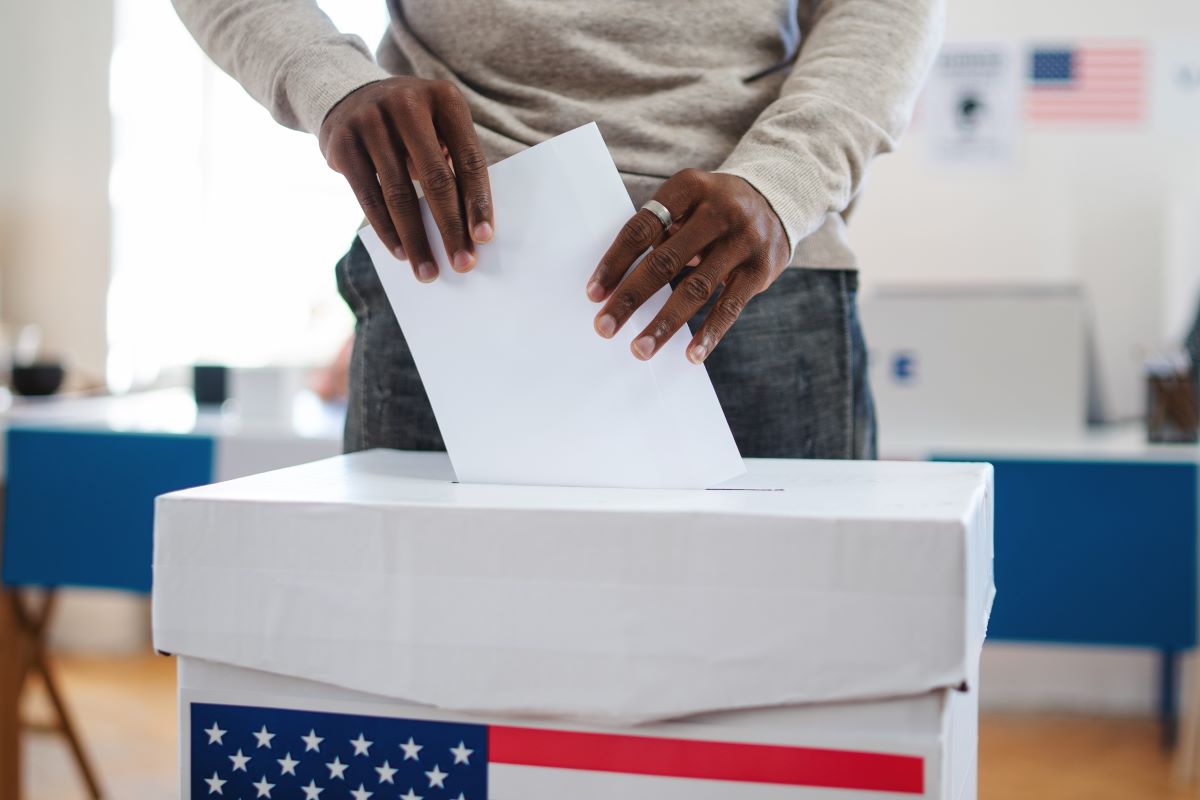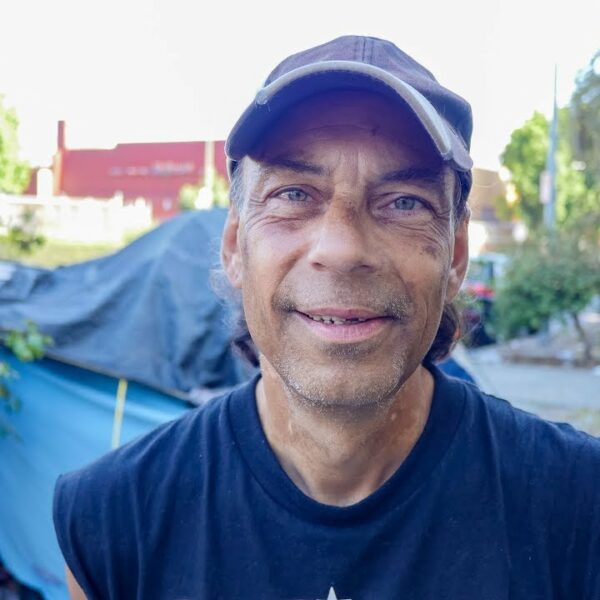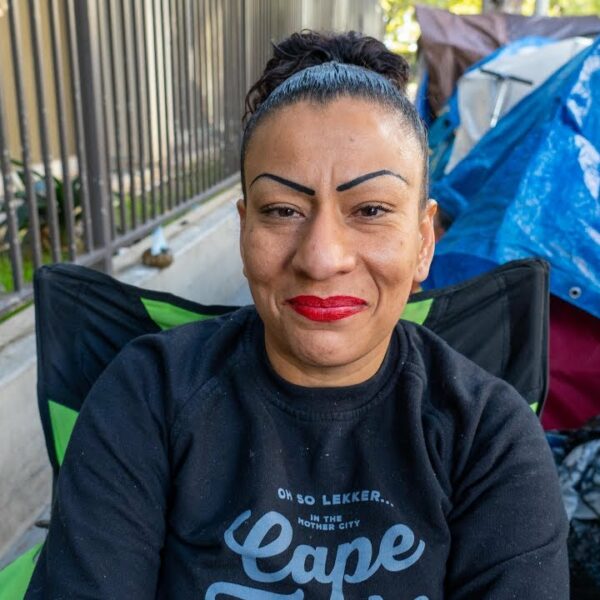Homelessness has become one of the most contentious electoral issues in the U.S., and voters seem to be split over initiatives to address the issue.
Cities across the country have been dealing with increased cases of homelessness since the pandemic began. To address some of the issues stemming from rising homelessness, voters in places ranging from Bellingham, Washington to Whitefish, Montana, approved a spate of ballot initiatives that increase funding for affordable housing, address homelessness, and protect people from evictions. However, others voted to pass legislation advocates say could hinder efforts to quickly move people into stable housing.
“Rather than pursue initiatives to criminalize and stigmatize people experiencing homelessness, communities should consider ballot measures that make meaningful investments in deeply affordable homes, rental assistance, and supportive services for people facing housing instability and homelessness,” the National Low Income Housing Coalition said.
Increasing local investments for affordable housing was one of the most popular ideas that voters supported during the November elections.
For example, 73% of voters in Santa Fe, New Mexico, approved a 3% tax on residential property valued at $1 million or more, estimated to generate more than $6 million annually for the city’s Affordable Housing Trust Fund.
Similarly, voters in Seattle, Washington, approved Proposition 1, which increased the property tax mill levy to raise more than $970 million over the next seven years to build and preserve affordable housing. The initiative passed with 66% support from the electorate.
The initiatives in Santa Fe and Seattle also faced considerable opposition.
In Santa Fe, the local realtors association filed a preemptive lawsuit seeking to stop the high-value residential property tax from going into effect. The association argued that it could depress home sales in the area, which could reduce the funding for the Affordable Housing Trust Fund.
“It’s not going to solve the issue,” Sant Fe Association of Realtors President Drew Lamprich told the Santa Fe New Mexican.
A similar lawsuit was filed against California’s high-value residential property tax, but a federal judge dismissed the case in November 2022.
Seattle’s efforts to increase affordable housing also faced pushback from a group called Seattle for Growth. The group argued that the city is already spending too much to develop affordable housing and that lawmakers should focus on reducing regulations that stifle development.
“If this system was more streamlined and more efficient, the money would get to people [who] need it a lot faster,” Seattle for Growth Director Roger Valdez told the Seattle Times.
Voters Pass Initiatives Supporting More Affordable Housing
Other cities, from Albuquerque, New Mexico, to Steamboat Springs, Colorado, and Whitefish, Montana, also passed initiatives that raised revenue for affordable housing development.
Albuquerque voters approved a $38.5 million bond measure that includes $7 million for affordable housing. Steamboat Springs voters approved a measure that allocated 75% of the city’s short-term rental tax toward developing 2,300 affordable homes. Whitefish voters decided to invest 10% of existing resort taxes toward housing developments as well.
Despite Humanitarian Pushback, Criminalization Measures Are Approved
However, there were a handful of cities that voted to further criminalize homelessness during the November elections. That comes at a time when advocates at the United Nations are calling on U.S. lawmakers to do away with criminalization measures altogether.
Spokane, Washington, is one city that passed additional criminalization measures in November. Three out of every four Spokane voters approved an initiative that makes it a citable offense for homeless people to sleep within 1,000 feet of a school, park, playground, or licensed childcare facility.
A map created by Eastern Washington University shows the initiative would effectively bar homeless people from living in most parts of town, including the entire downtown Spokane area.
Voters in Boulder County, Colorado, also approved a measure that directs the city to clear encampments that are within 500 feet of a school zone and within 50 feet of multiuse trails and sidewalks. More than 62% of voters in Boulder County approved of the initiative as local snapshot count data shows that more than 800 people are experiencing homelessness in Boulder, representing a 27% increase since 2020.
To advocates in Colorado like Dr. Jamie Rife, who leads the Metro Denver Homeless Initiative, a local continuum of care, the rising cases of homelessness show that the city is just starting to see the economic fallout from the pandemic.
“This, paired with inflation and the increased cost of housing, is resulting in many people falling into homelessness and many being unable to obtain housing,” Rife told Boulder Reporting Lab.
How You Can Help
Now is not the time to be silent about homelessness in the U.S. or anywhere else. Unhoused people deserve safe and sanitary housing just as much as those who can afford rent or mortgage.
Poverty and homelessness are both policy choices, not personal failures. That’s why we need you to contact your officials and tell them you support legislation that:
- Streamlines the development of affordable housing
- Reduces barriers for people experiencing homelessness to enter permanent housing
- Bolsters government response to homelessness
Together, we can end homelessness.













